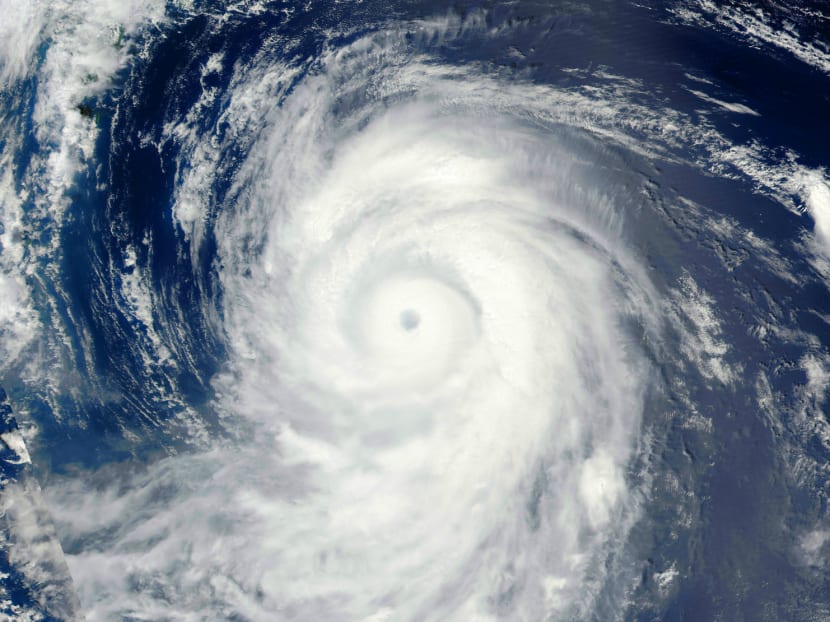World Met Organisation opens regional office in Singapore
SINGAPORE — In the face of climate change and fluctuating extremes, weather forecasts and information must be more precise and accurate to serve the air and marine transport sectors, said Minister for the Environment and Water Resources Masagos Zulkifli yesterday.

The World Meteorological Organisation’s (WMO) new office for the Asia-Pacific region was officially opened on Monday (Aug 1) in Singapore. AFP file photo
SINGAPORE — In the face of climate change and fluctuating extremes, weather forecasts and information must be more precise and accurate to serve the air and marine transport sectors, said Minister for the Environment and Water Resources Masagos Zulkifli yesterday.
Mr Masagos was speaking at the opening of the World Meteorological Organisation’s (WMO) new office for the Asia-Pacific region in Singapore.
The office, which also aims to improve coordination on hazards such as floods and fires, will be hosted by the Meteorological Service Singapore (Met Service).
It will be located with the Met Service’s Centre for Climate Research Singapore, near Tai Seng.
Climate change has made weather patterns less predictable, which will significantly affect the weather-sensitive aviation industry, said Mr Masagos.
The Asia-Pacific region is “highly vulnerable to rising sea levels, heavy floods and droughts”, he said.
“For the aviation sector, in particular, fluctuating climate extremes overlaid with already dynamic tropical weather patterns in our region can potentially be hazardous to flights and air travel if we are not prepared.”
Tropical cyclones and severe thunderstorms, for example, are some common hazardous weather conditions in Singapore that will ground flights or prevent planes from landing.
Yet global air traffic is growing and Singapore is expected to handle up to 700,000 flights a year when Changi Airport’s Terminal Five is ready in the 2020s — double the number today.
The Centre for Climate Research Singapore began a multi-year research programme in 2013 to develop an advanced modelling system that would simulate convective-scale thunderstorms over the tropical region. These thunderstorms, unique to the tropics and driven by wind currents, are difficult to predict as they last a short time, and are small-scale and localised. The research will improve the short-term prediction of thunderstorms, said Mr Masagos.
WMO secretary-general Petteri Taalas said it would “work like a family” with the Met Service, exchanging information freely “for the benefit of both developing and developed countries” in the region.
“The WMO will be able to provide better services by placing people in Singapore instead of Geneva,” he added.
The regional office of the United Nations agency was previously located in Geneva, and serves 58 countries from the Middle East to the Pacific islands. It will be headed by the WMO’s Asia-Pacific regional director Chung Kyu Park.
One initiative both sides will work on is a multi-hazard early warning system for the region.
To tackle transboundary haze, for instance, Mr Taalas said the WMO will seek to predict much earlier when El Nino — the extreme dry-weather phenomenon — will occur.
“Once we are able to predict El Nino occurrences much earlier than we have been doing so far, we can predict the possibility of poor air quality events. Of course, it also depends on wind direction and meteorological conditions, so it’s also related to forecasting,” he said. The new office will also help develop a weather prediction model for tropical regions, which currently does not exist.
“It takes lot of scientific knowledge, huge computing power to enable such prediction models to be validated and finally used,” said Mr Masagos.








